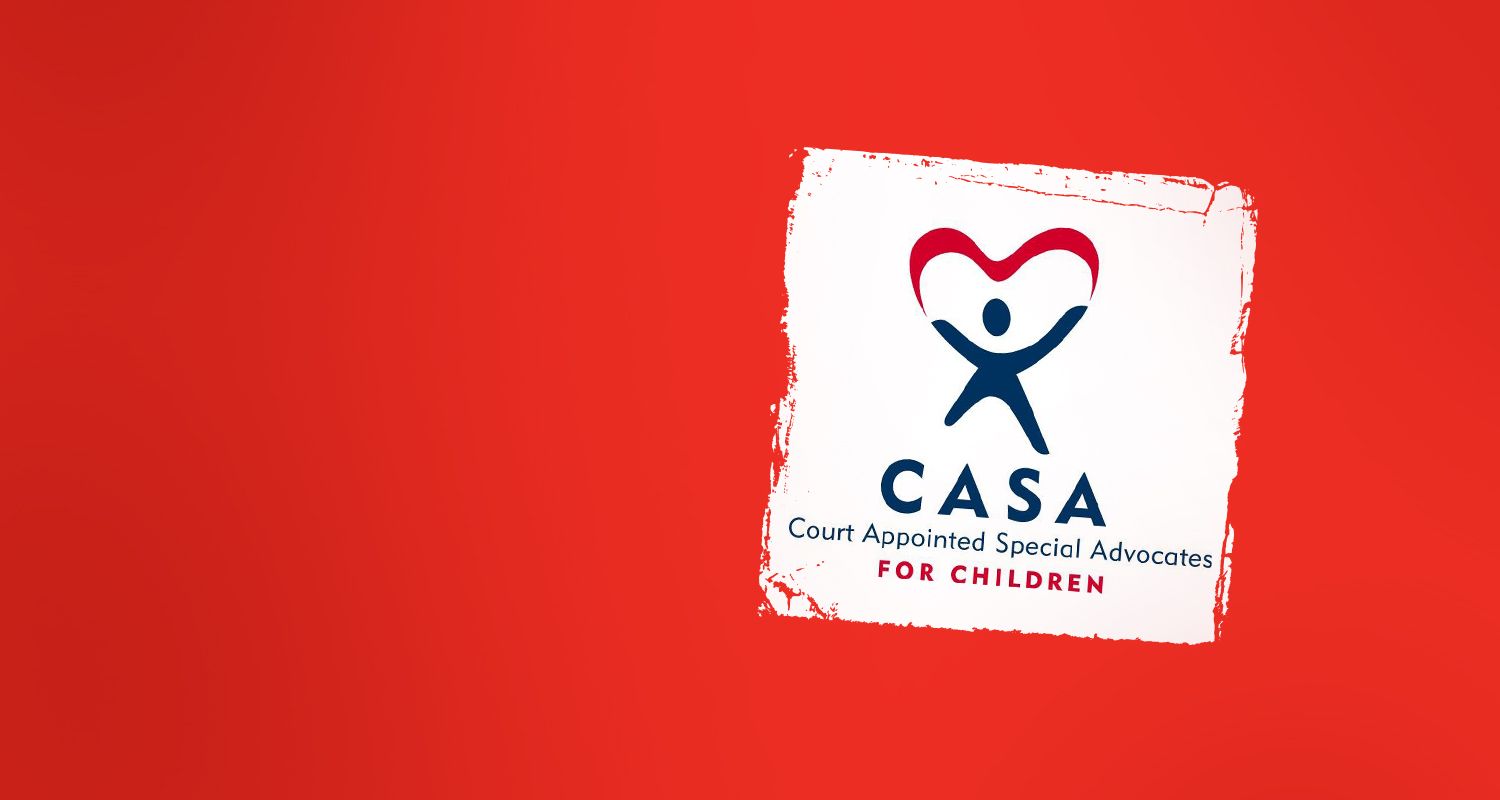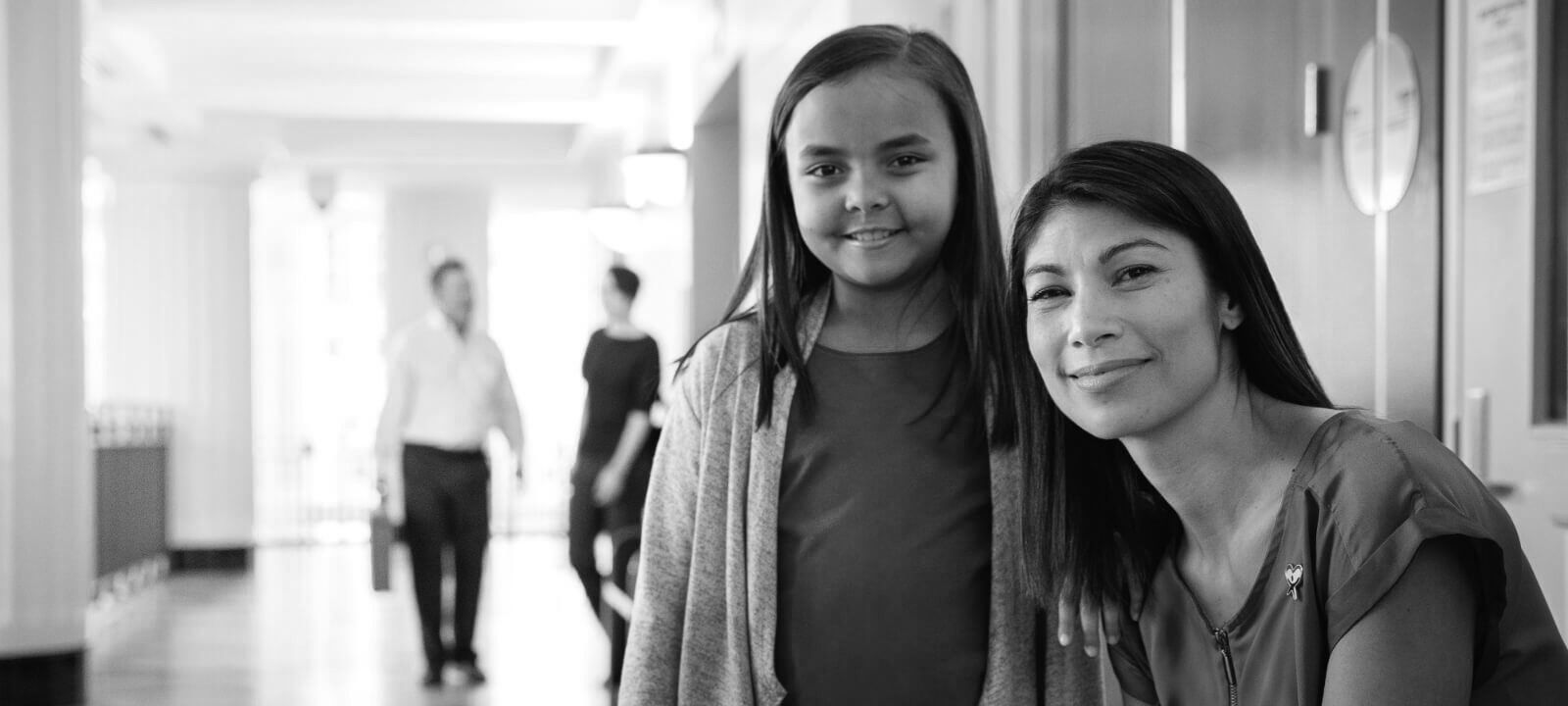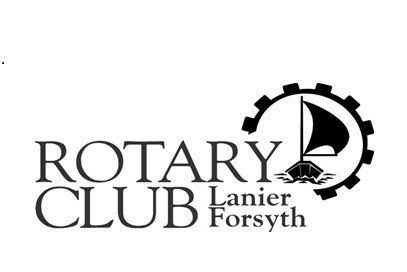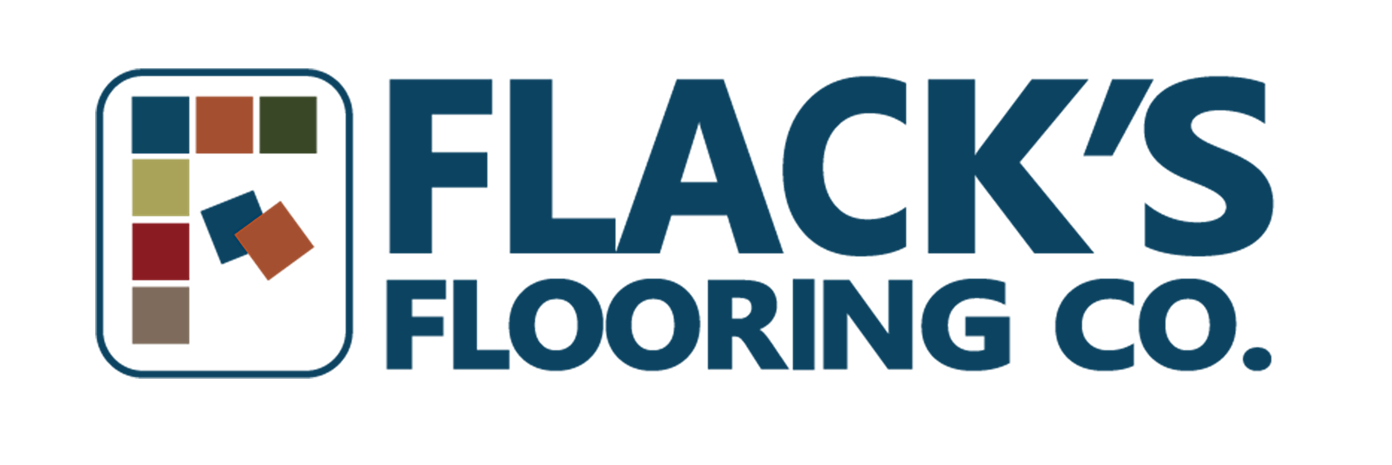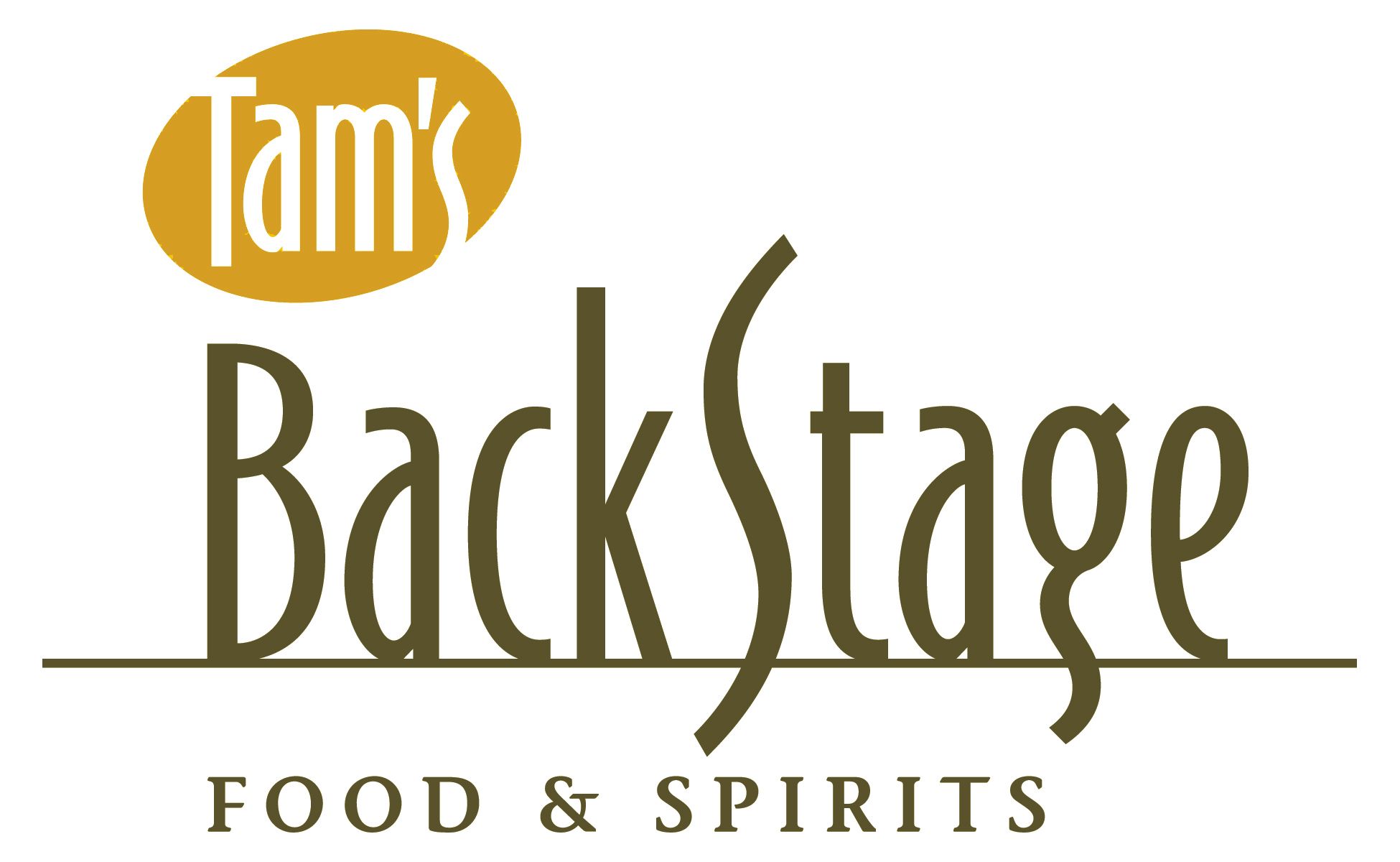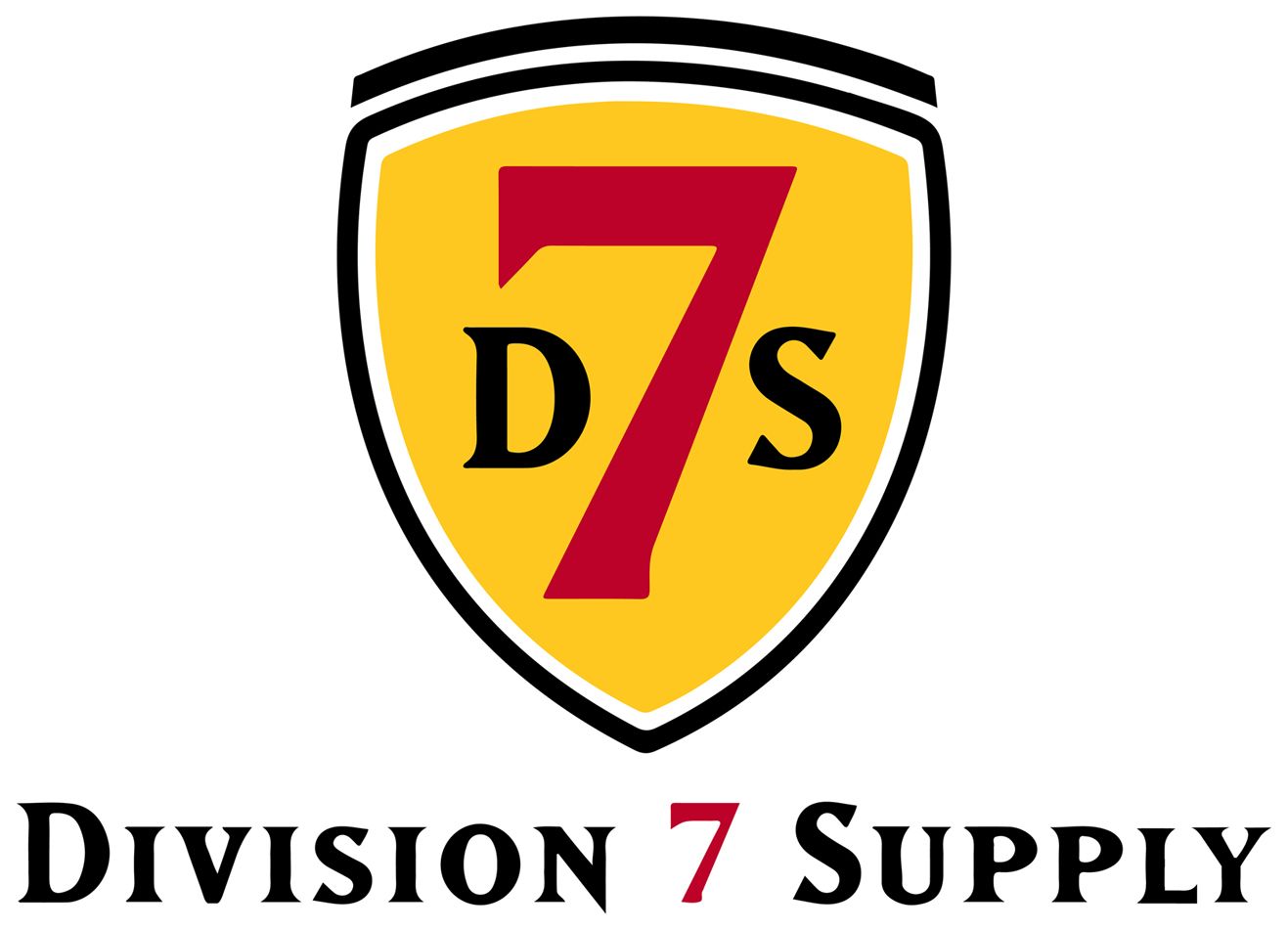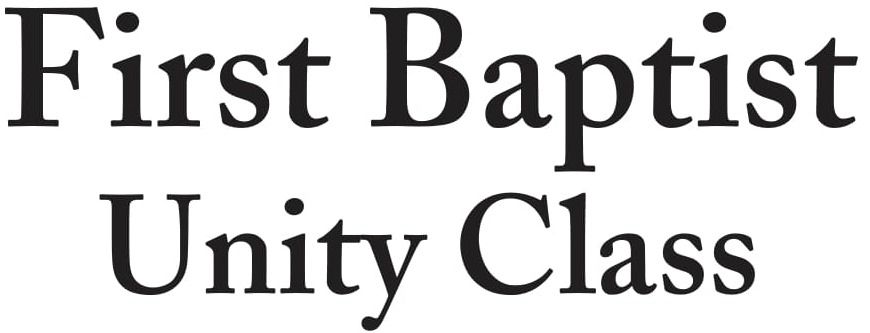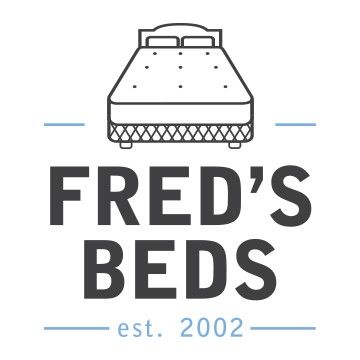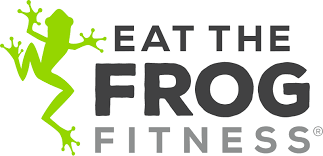
Motivational speaker Paul J. Meyer once said, “Communication—the human connection—is the key to personal and career success.” Much of life, achievement and human relationships is based almost entirely on connecting and communicating efficiently with those around you. Whether you’re in the business world or the nonprofit realm, communication is a critical component of moving things forward and accomplishing your goals.
However, more often than not, the complex art of teaching and learning communication falls by the wayside. This can result in challenging relationships across every avenue of life. So, what can be done? Fortunately, there are a few ways and practices to grow in your communication skills. Here are healthy habits you can try to become a strong communicator.
Practice active listening.
Have you ever had a conversation with someone, and the whole time you listen, you find yourself thinking about what you want to say next? When it comes to listening, this is often the case. Typically, we only half-listen when someone tells us something. As they talk, we either think about what we want to say next, or we think about a different topic altogether. If you want to be a strong communicator, you must practice active listening. Active listening means sitting up straight, leaning forward and truly focusing on what the other person says. Breathe in their words. If necessary, repeat their words to yourself in your mind to really let them sink in. The better you listen to what the other person has to say, the better conversation you can have.
Watch body language.
Approximately 90% of communication is nonverbal. What does this mean for your communication style? It means when someone tells you their thoughts, you should also pay attention to their body language. Body language includes such things as facial expression, arms, hands, eyes and even tone of voice. It often says how the person is truly feeling, rather than just what they say. Additionally, you can also improve your own communication by focusing on your body language. Sit up straight to show confidence, make direct eye contact to show intention in the conversation and maintain a polite and focused facial expression to show the recipient you care about them.
Ask questions.
When you ask questions, you show the other person you are truly listening, and you genuinely care about their thoughts on the topic. If you’re not sure about something they mention, repeat your own interpretation of it, then ask if you got it right. Request clarification and ask questions about their thoughts; don’t simply share your own. For instance, “What are your goals with that action?” or “What do you prefer?” are simple, guiding questions which can move the conversation along and demonstrate your interest in the dialogue.
Allow for silence.
You know the feeling. One person says something, the other replies and then both of you stand there in awkward silence. More often than not, we really don’t like silence. However, it can be an extremely valuable part of communication. Silence can provide time for both parties to really focus on what the other said, soak in the words and formulate a thoughtful response. Occasional lapses in conversation are completely natural, so don’t worry if there are a few here or there. Natural pauses are as integral to a conversation as the words themselves.
Agree with feelings, not facts.
If you’re talking with someone you strongly disagree with, it can be incredibly challenging to keep the conversation from going hostile quickly. So, practice this mantra: agree with feelings, not facts. You don’t have to agree with another person’s opinion in order to have a valuable conversation. But, you can agree with how they feel, empathize and show them you hear their needs. For instance, “You sound hurt. That must be challenging,” is a way to empathize with the other’s opinion without validating their opinions.
Without communication, many of our relationships would struggle. And just like any skill, good communication can be learned, practiced and even perfected. Try out these healthy habits in your everyday conversations in order to become a strong communicator.




